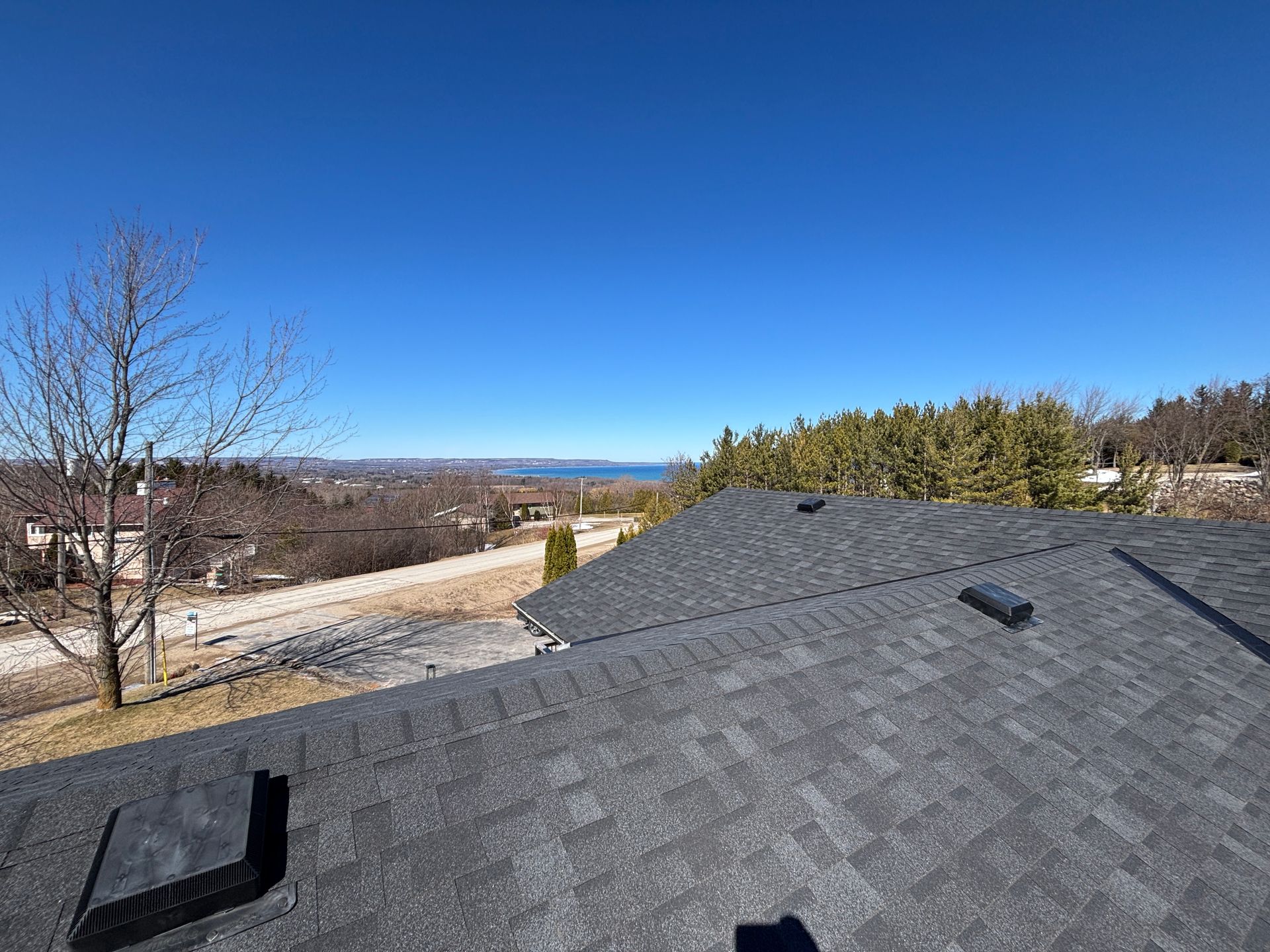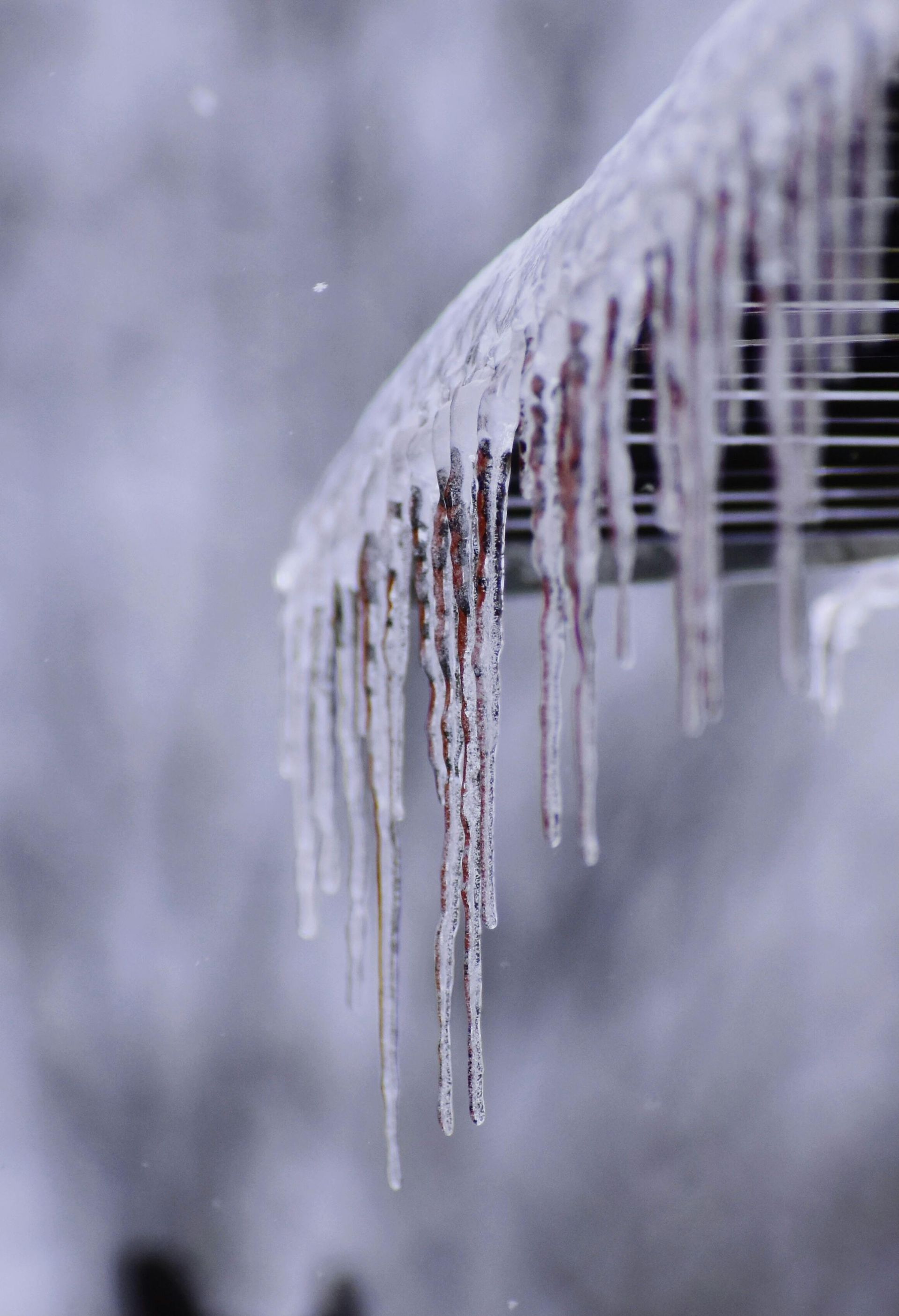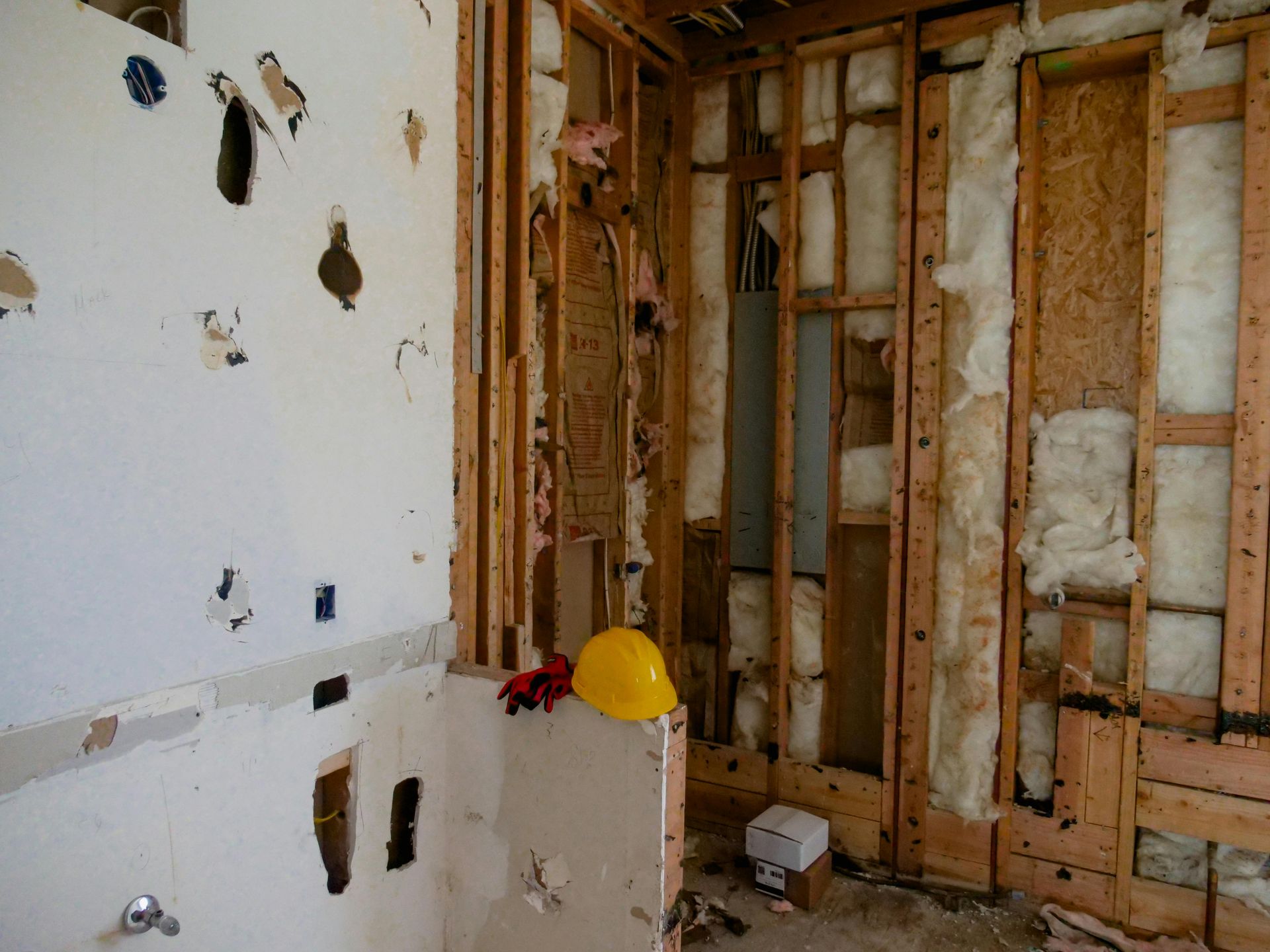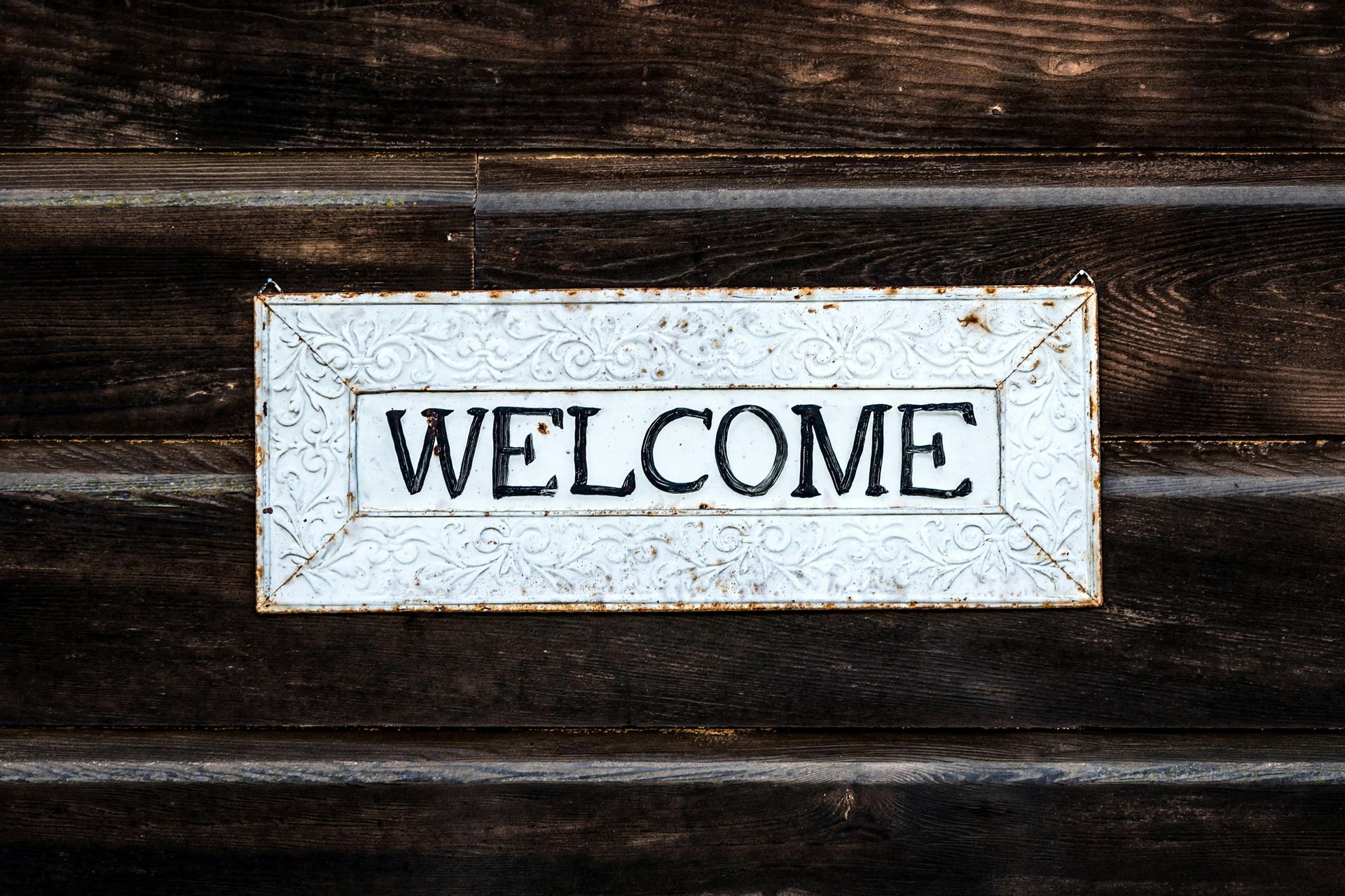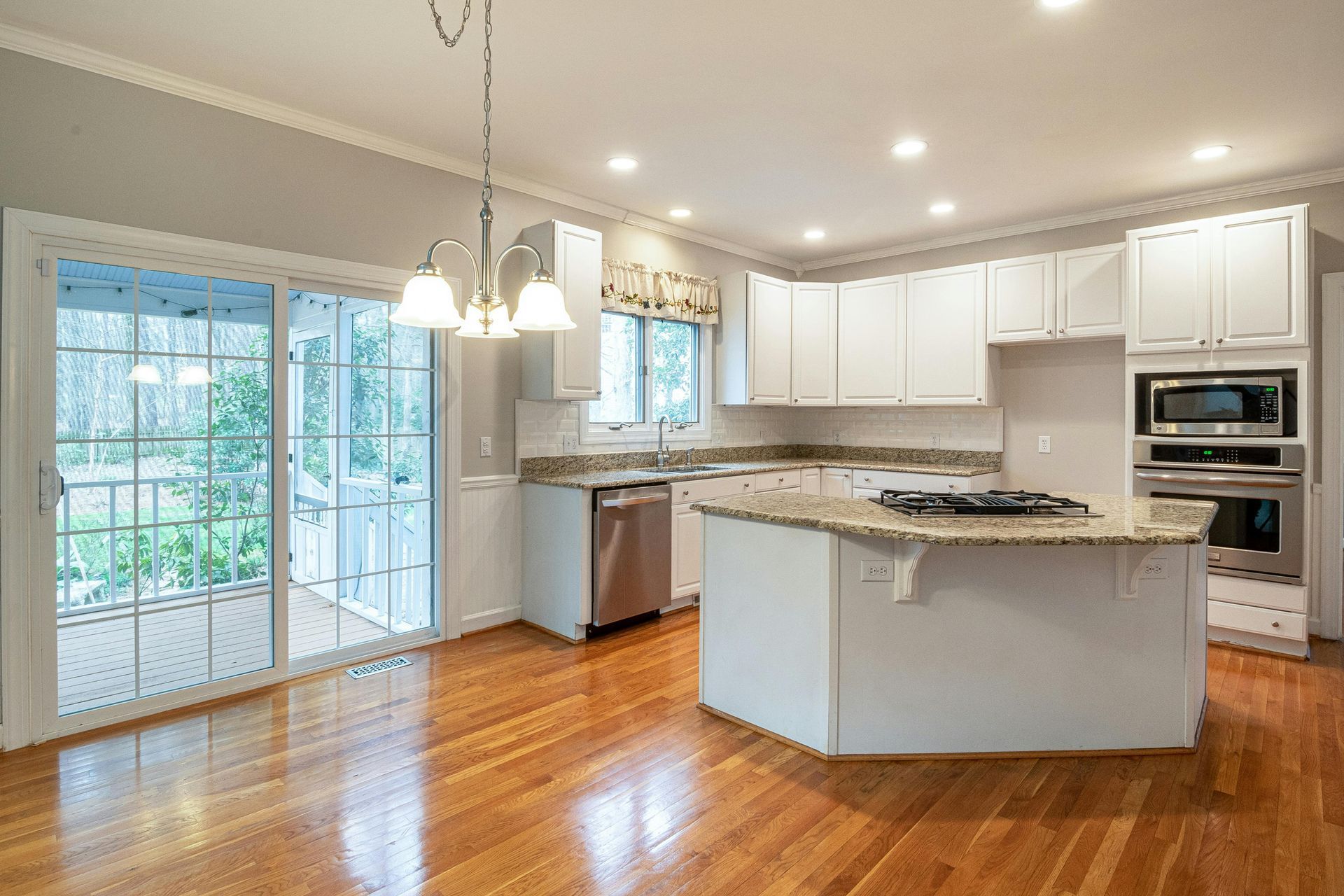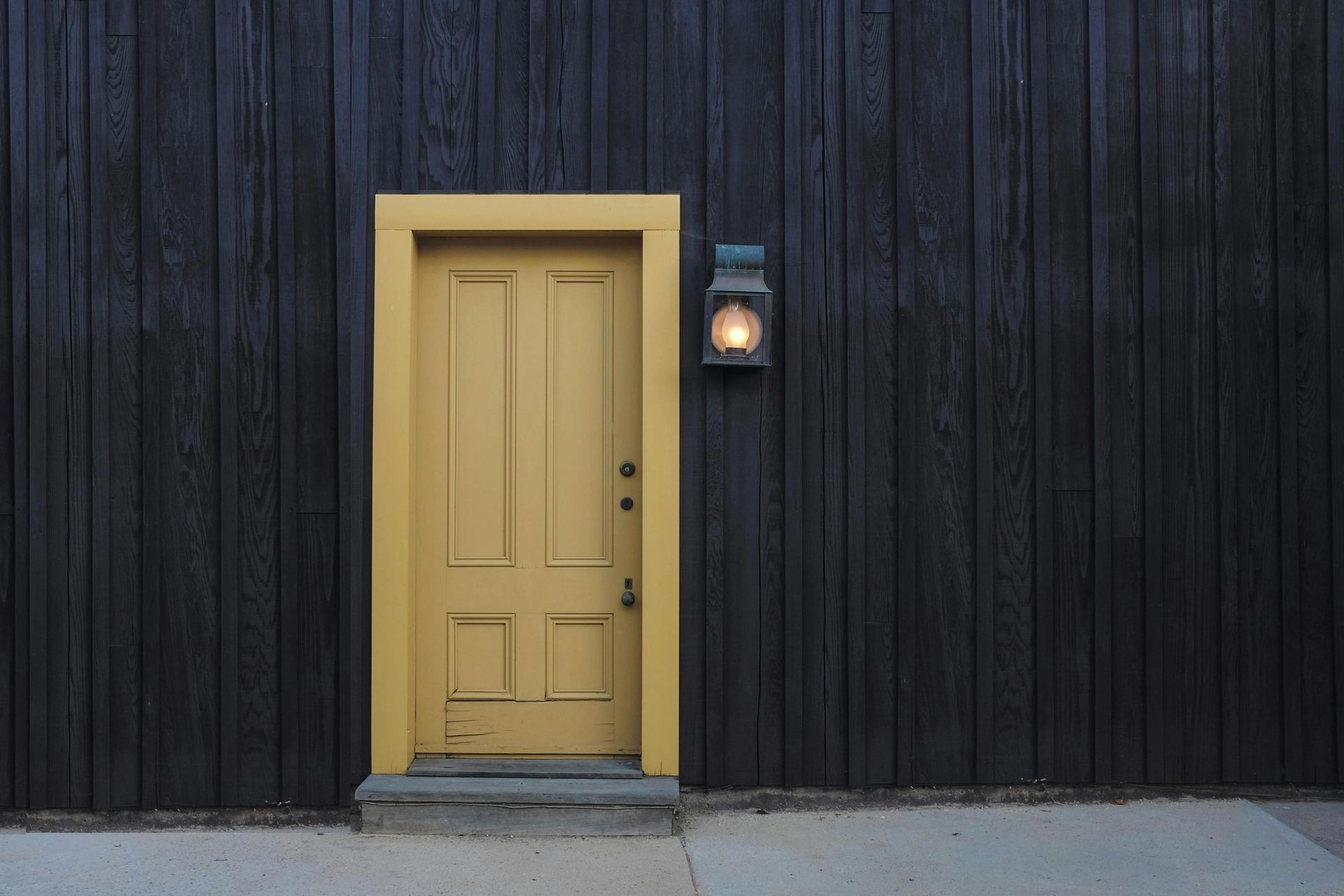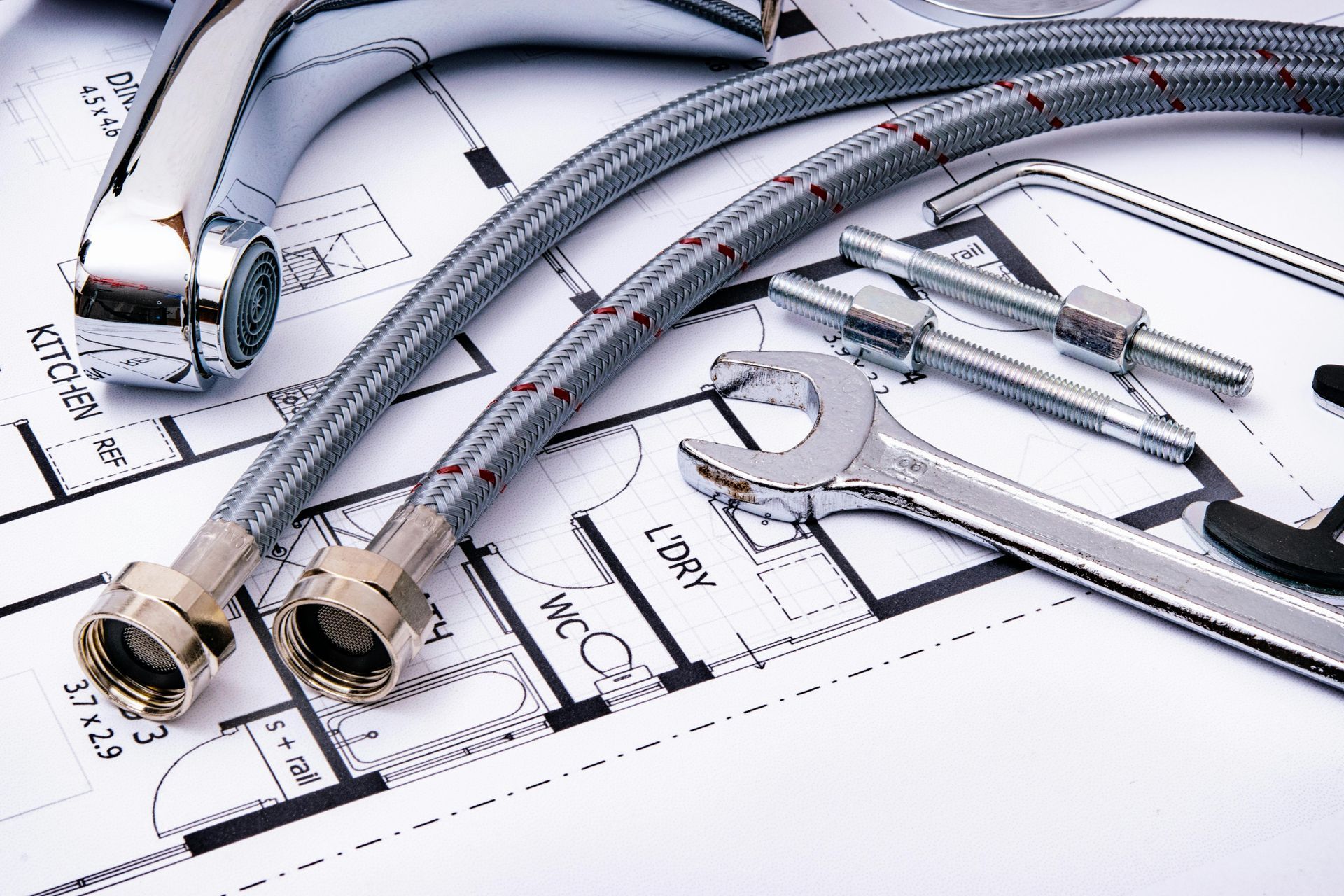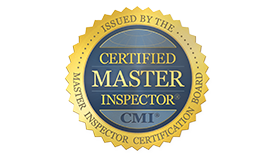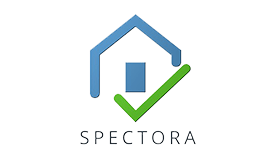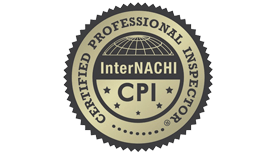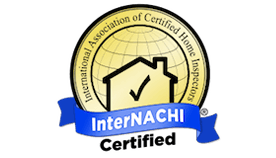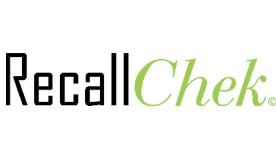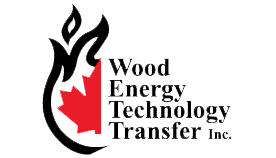Thinking of Buying a Cottage?
What to Consider &
Why it's Important to get an Inspection
Buying a cottage can be a dream come true. Whether it’s a peaceful lakeside getaway, a cozy mountain retreat, or a cabin tucked away in the woods, owning a cottage offers a much-needed escape from the daily grind.
However, purchasing a cottage requires careful consideration, as it comes with its own set of unique challenges. From location and structure to utilities and maintenance, there are several factors to weigh before making such a huge financial decision. Perhaps most importantly, one of the best ways to protect your investment is by scheduling a professional home inspection with certified home inspectors.
In this post, we’ll explore what to consider before buying a cottage and explain why a home inspection is so crucial in this process.
Location and Accessibility
The location of your potential cottage plays a significant role in both its value and your ability to enjoy it throughout the year. Before purchasing, ask yourself the following questions:
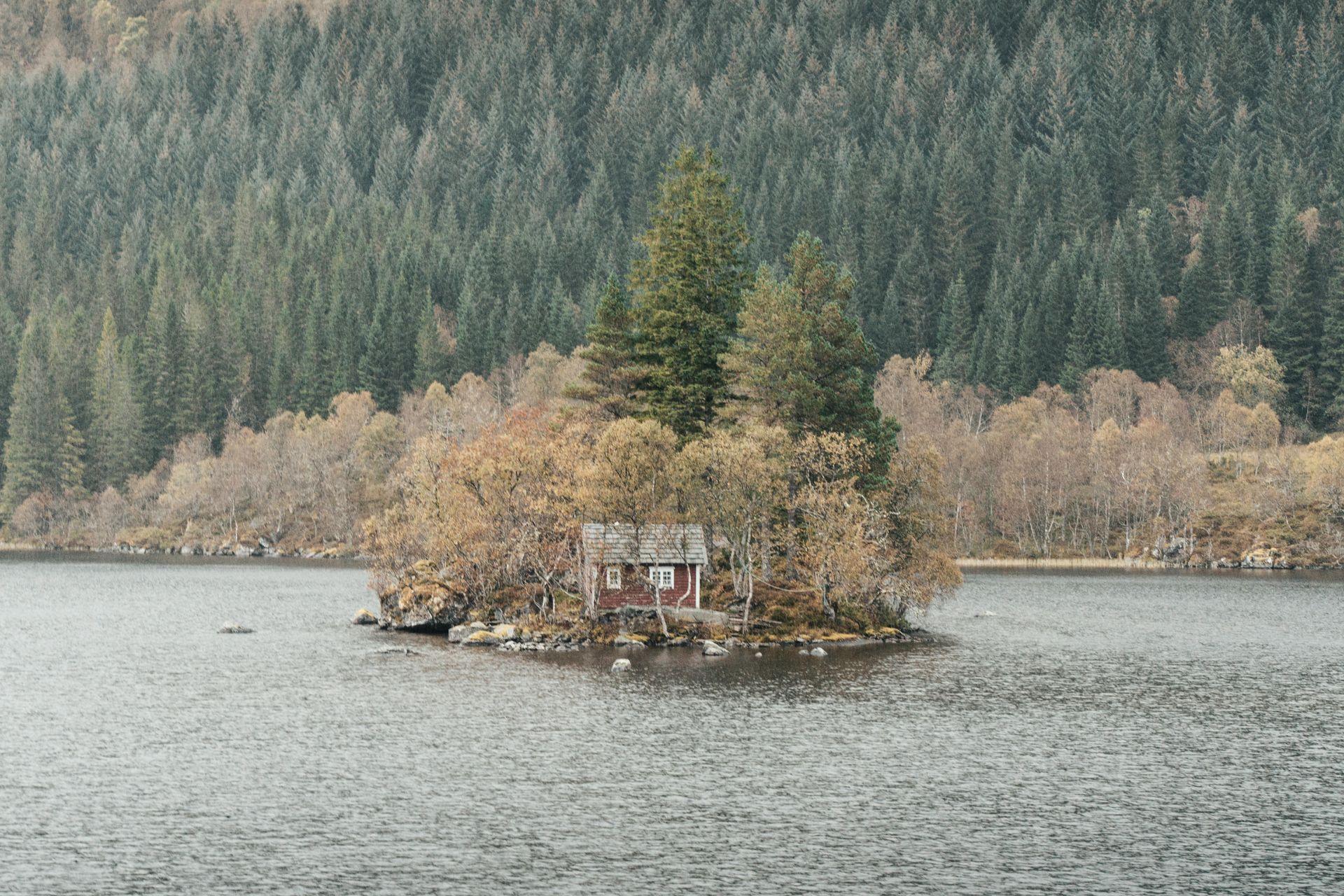
Is it accessible year-round?
Many cottages are in remote or rural areas where accessibility can be limited during certain seasons. If you’re buying in a place that experiences heavy snow, flooding, or storms, ensure that the property is accessible when you need it most. Your inspector can help assess the condition of access roads and driveways to determine how easily you can reach the cottage in different weather conditions, especially in Ontario and cottage country!
Flood risks and environmental concerns:
Cottages by lakes, rivers, or near coastal areas are beautiful but may be prone to flooding or erosion. Make sure to check flood zone maps for the area. A home inspector can help identify signs of water damage, erosion near the shoreline, or past flooding issues that might affect the property’s future value and safety.
Age and Condition of the Property
Older cottages can be charming and full of character, but they can also hide a host of potential problems. When considering a cottage, take into account its age and the condition of both the structure and systems. Here’s what to look for:
Foundation and Structure:
Cottages, particularly older ones, may have foundation issues, such as settling, cracking, or moisture damage. An experienced inspector will assess the foundation and structure of the home to ensure it’s stable and free from structural defects. If the cottage is near water, moisture-related issues are more likely, and these need to be addressed before you finalize your purchase.
Roofing and Exterior:
A damaged roof can be costly to repair and may indicate other issues, such as poor ventilation or water damage. An inspector will check the roof’s condition, including shingles, flashing, gutters, and insulation. They’ll also look at the cottage’s exterior for signs of damage or rot, particularly around windows, doors, and siding.
Electrical and Plumbing Systems:
Older cottages may have outdated electrical wiring or plumbing, which can pose safety risks or be expensive to update. An inspector will review the electrical system, outlets, and circuit breakers to ensure they meet current safety standards. Plumbing systems should be inspected for leaks, signs of corrosion, and the potential for freezing pipes, especially if the cottage is in a place like Canada, with cold winters!
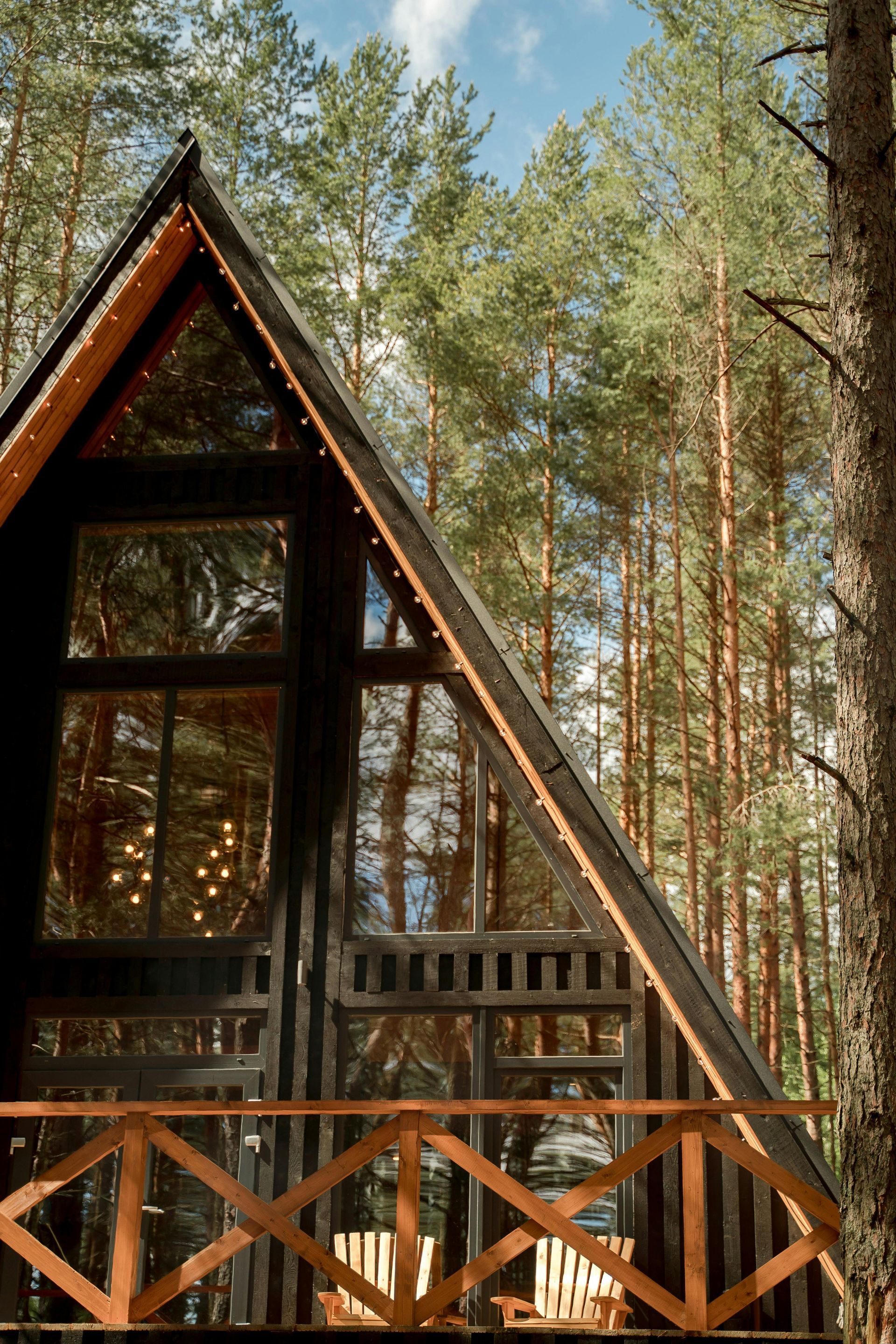
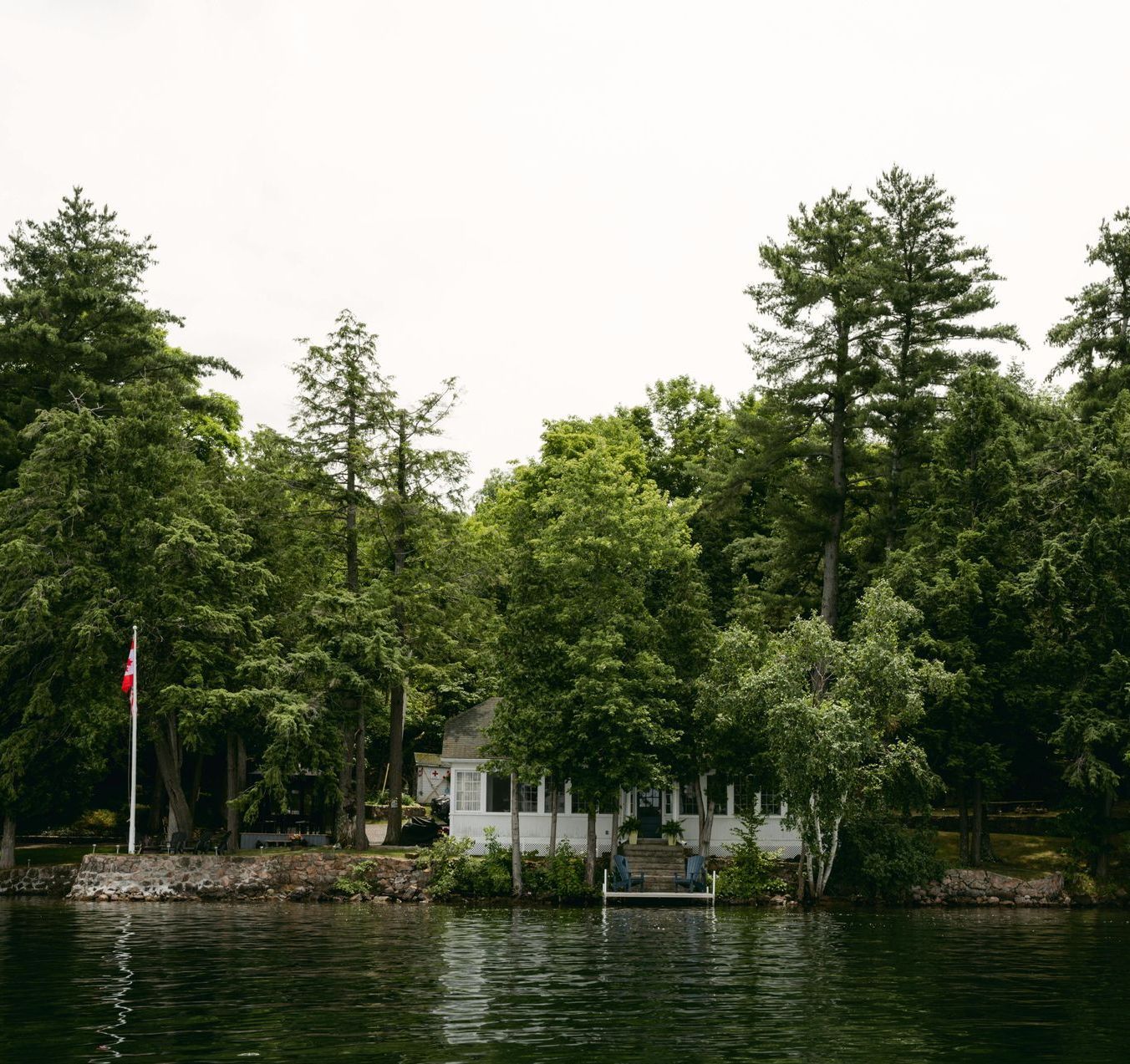
Water Supply and Septic Systems
Unlike city homes, many cottages don’t have access to municipal water and sewage systems. This means you may be relying on a well and a septic system. Here’s what to consider:
Water Quality and Well Inspections:
If the cottage uses well water, it’s essential to have the water tested for contaminants. Poor water quality can lead to health risks and costly filtration systems. A home inspector can arrange for water testing and provide a report on its safety for drinking and everyday use.
Septic System Health:
Cottages often rely on septic systems to handle waste disposal. It’s critical to have a professional inspect the septic tank and drain field to ensure they’re functioning properly. A failing septic system can lead to expensive repairs and even environmental hazards, so it’s essential to know its condition before purchasing.
Heating and Insulation
Cottages need to be properly insulated to maintain comfort and reduce heating costs. Insufficient insulation can result in high energy bills and uncomfortable living conditions during the winter months, especially in a four season property.
Heating Systems:
Check what type of heating system the cottage uses. Older cottages may have wood stoves, space heaters, or even outdated furnaces. Your inspector can evaluate whether the heating system is adequate for the size of the home and if it’s safe and energy-efficient. A WETT Inspection may be required for a wood burning appliance to confirm it is compliant and safe to use.
Insulation and Energy Efficiency:
An energy-efficient cottage will be easier and cheaper to heat. An inspector can check for proper insulation in critical areas like the attic, walls, floors, and basement. They’ll also check windows and doors for drafts and heat loss, which can significantly increase your heating costs.
Seasonal Maintenance and Use
Unlike year-round homes, cottages are often used seasonally, which means they may have unique maintenance needs. Be sure to understand the specific requirements before buying:
Winterizing:
Many cottages require winterization to prevent pipes from freezing, particularly in colder climates. An inspector can help determine what steps are necessary to ensure the property is protected during the off-season. Here is a blog post on How to Close your Cottage for the Winter
Regular Maintenance:
Depending on the cottage’s age and condition, it may require frequent maintenance. The roof, plumbing, heating, and electrical systems are all areas that need regular attention, and your inspector can give you a rundown of what to expect.
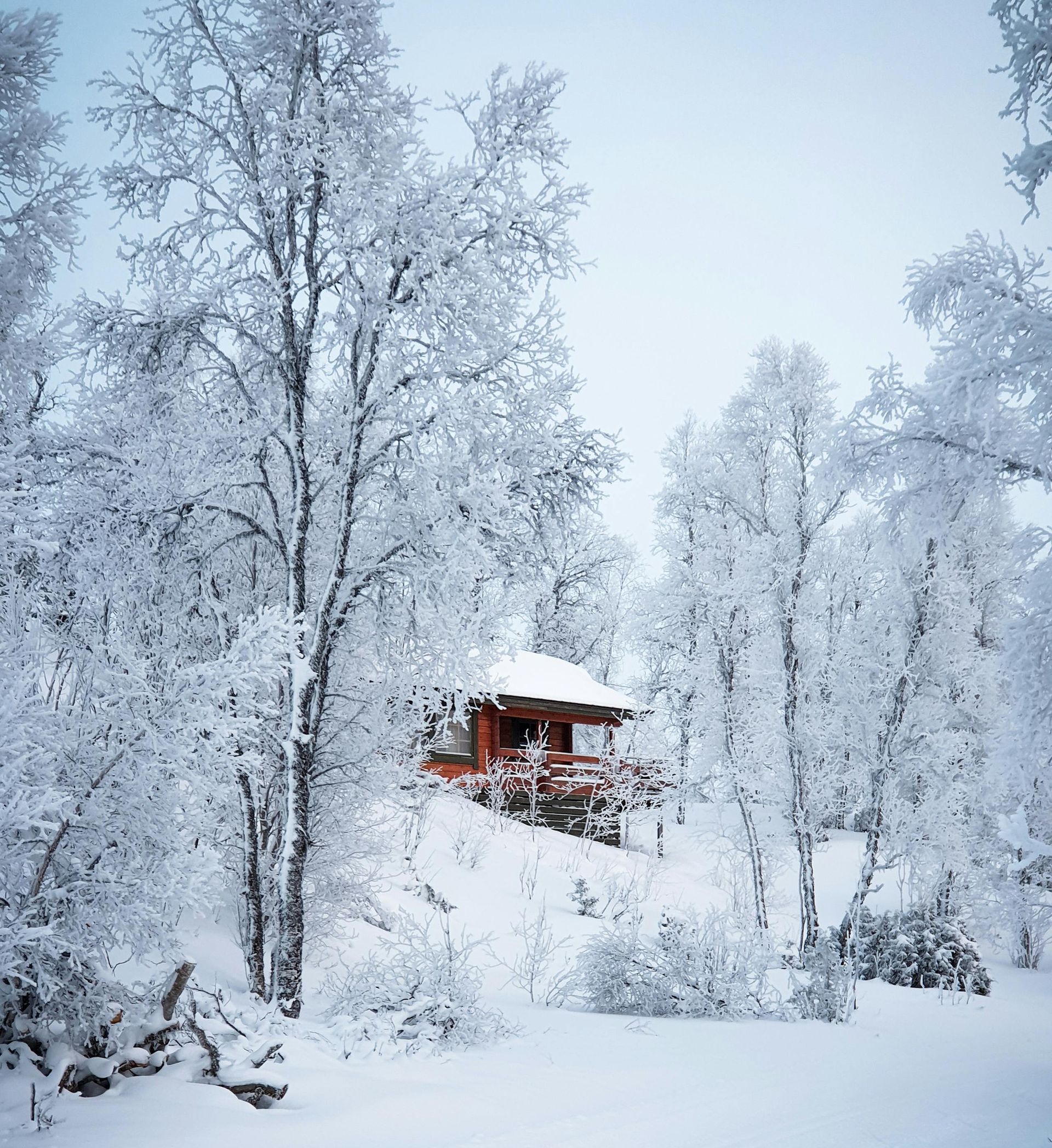
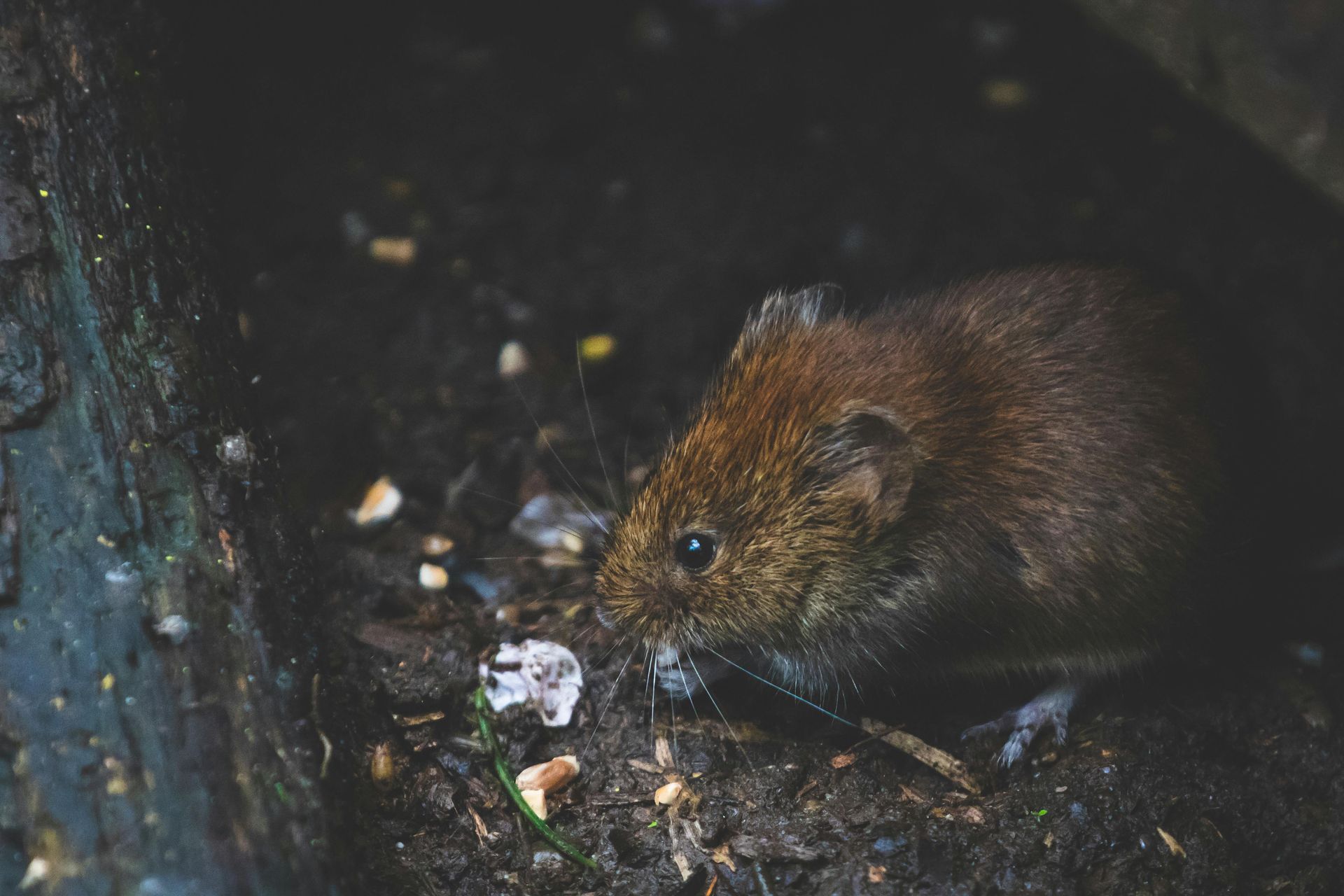
Environmental and Pest Considerations
Cottages, especially those surrounded by nature, may have increased exposure to pests and wildlife. While the tranquility of nature is a major draw, pests such as rodents, insects, or larger wildlife may be a concern.
Pest Inspections:
Rodents, termites, or mold are common issues in rural properties. A home inspection will identify signs of pest infestations or water damage that may lead to mold growth. This can be a costly issue to fix, so having a thorough inspection is essential.
Why a Home Inspection is Essential for Cottage Buyers
At Legacy Home Inspection, we pride ourselves on providing thorough and reliable Cottage inspections
While it might be tempting to skip the inspection when purchasing a cottage—especially if it seems like a low-maintenance property—it’s crucial not to overlook this step. A professional home inspection will provide a detailed, unbiased evaluation of the property’s condition and help you make an informed decision.
A home inspection for a cottage is necessary because:
It helps you avoid hidden problems:
Cottages can have hidden issues that aren’t immediately visible, such as structural damage, mold, or outdated systems. An inspection reveals these problems before you commit to the purchase.
It protects your investment:
If the inspection uncovers significant issues, you can use the report to negotiate the price or ask the seller to address the repairs. This helps prevent expensive surprises down the road.
It ensures your safety:
Cottages often have older systems that may not meet modern safety standards. An inspection will ensure that your new property is safe to live in, especially when it comes to electrical, plumbing, and heating systems.
Make Your Cottage Dream a Reality with a Professional Home Inspection
Buying a cottage is an exciting investment, but it comes with special considerations that require thorough inspection. Whether it’s evaluating the location, checking systems like plumbing and electrical, or ensuring the property is safe from pests and water damage, a professional inspection is essential to ensure your investment is sound.
A home inspection provides you with peace of mind, knowing you’re not buying a property with hidden issues that could cost you down the line. Before you finalize your cottage purchase, schedule a comprehensive inspection to protect both your investment and your future enjoyment of your new retreat.

